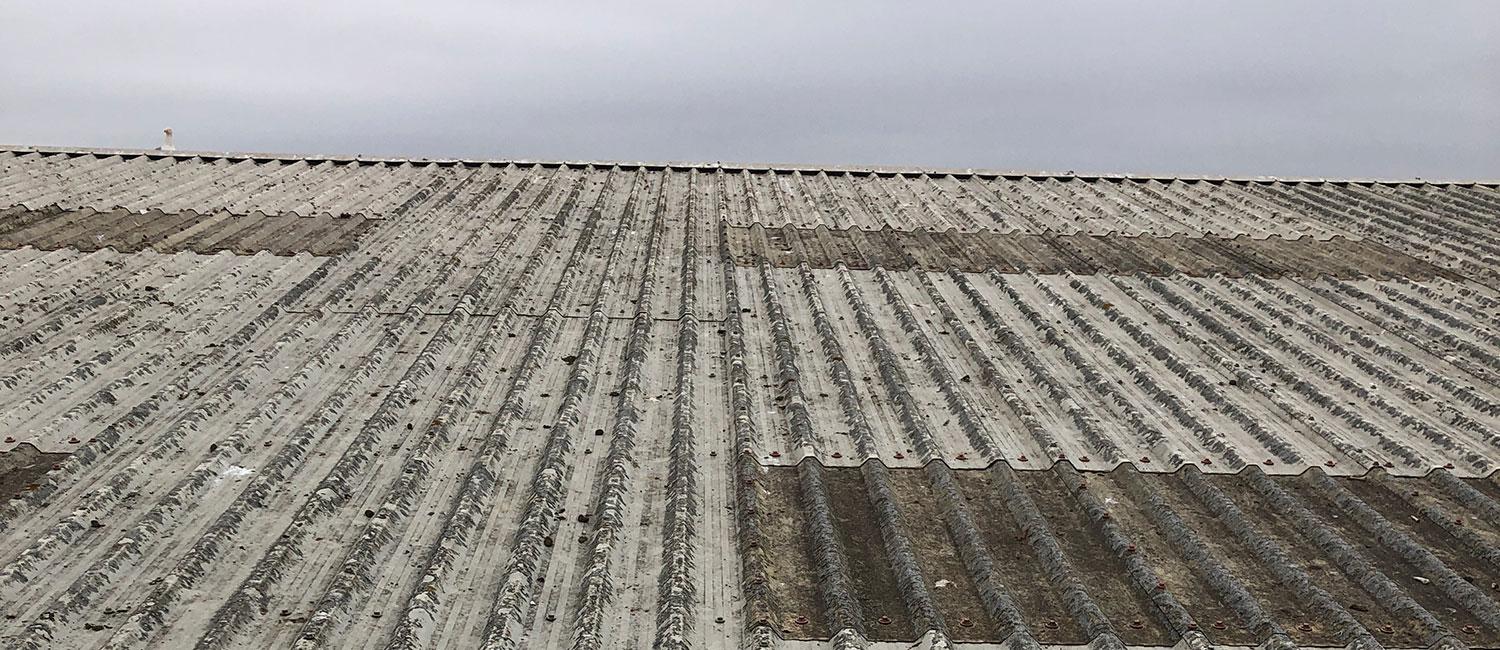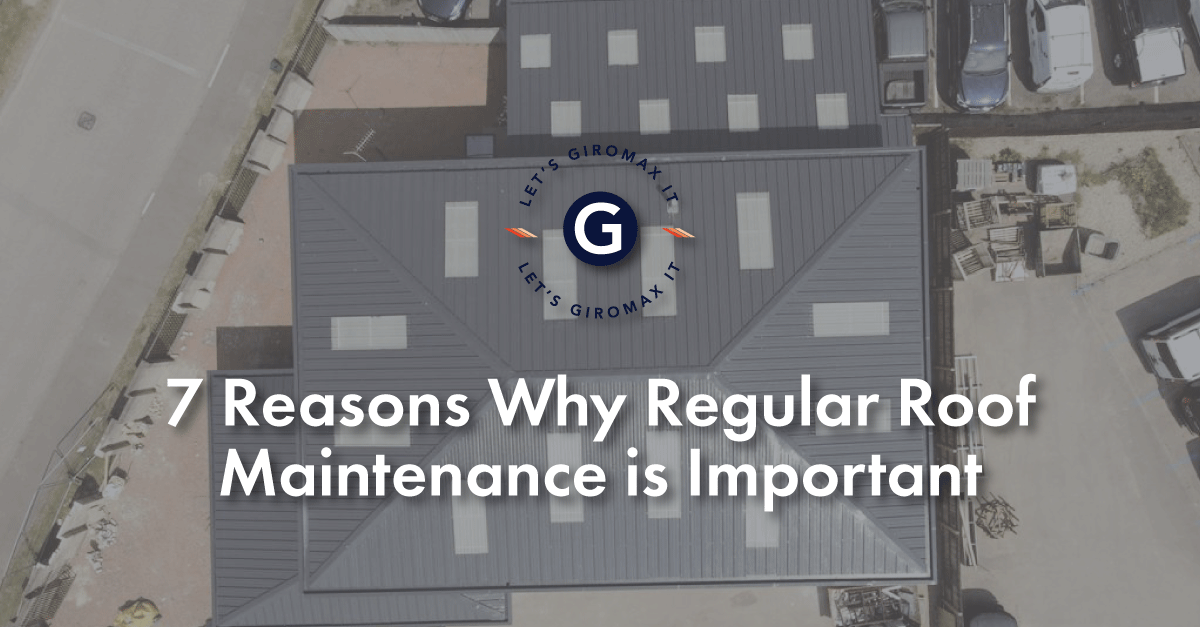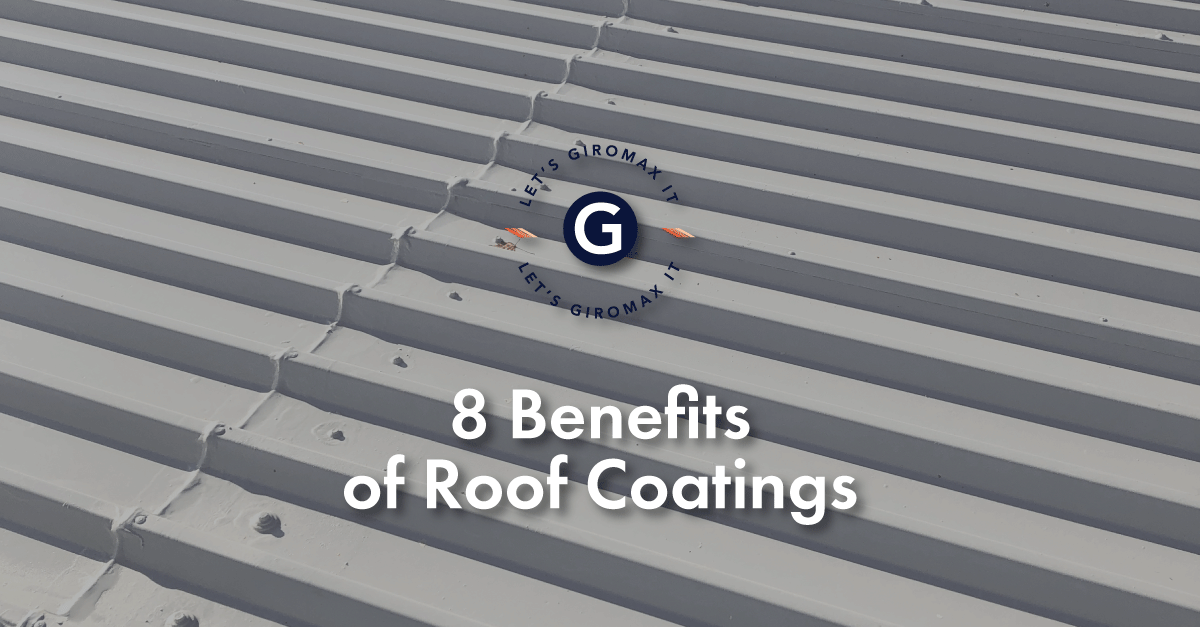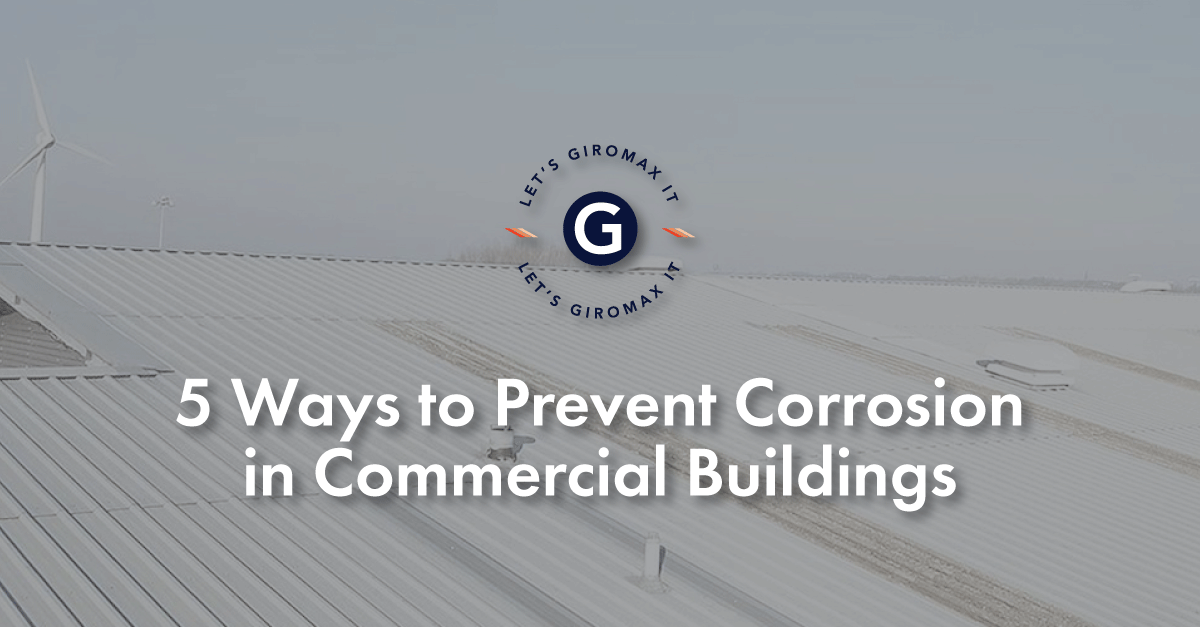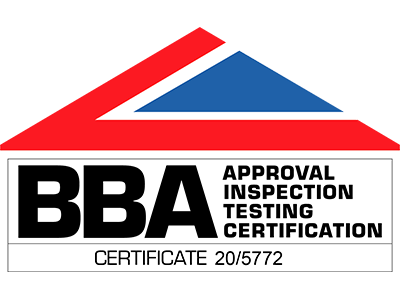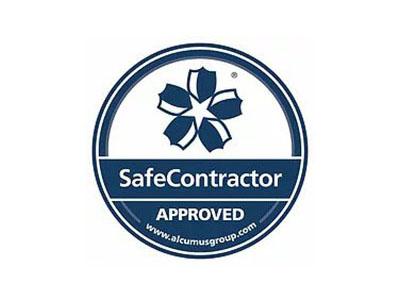Why Maintaining Roof Systems Protects Businesses
Economic uncertainty may be leading many of your clients to look for ways of trimming costs, but is the roof turning out to be their blind spot? We’re here to help you explain to them why maintaining roof systems is one of the most important ways to protect businesses in the long term.
Looking for greener solutions
The UK government has announced its plans to reduce emissions from their 1990 levels by 78% within the next fourteen years. And by 2050 the aim is to be three-quarters of the way towards being net carbon zero. Businesses will be required to take a closer look at the way they operate, and the roof has a huge part to play in aiding greener solutions.
For example, solar panels could help to generate power, enabling your clients to offset some of their lighting and heating costs. When combined with other initiatives, such as intelligent lighting systems and recycled packaging, this can significantly reduce your client’s carbon footprint – a fact that helps to seal their environmental credentials. There’s a lot of scope for improving industrial roof systems, and much more than most people realise.
Out of sight shouldn’t be out of mind
Your clients may be trying their best to keep their business afloat in these challenging times. So, it’s reasonable to assume they won’t have the roof earmarked for regular expenditure. It’s important to convince them that, although the roof may be out of sight, it has such a key role to play. Factoring in regular roof inspections helps to keep the business, employees, equipment and stock safe and dry in all weathers; it should never be out of mind.
It may be a hard sell sometimes, but it’s worth taking some time to persuade your clients to consider the facts. Unlike residential roofing, industrial roofing is subject to more than just the extremes of the British climate. What goes on inside the premises also plays a part, with many roof systems subject to chemical exposure and exhaust fumes. And the roof is often used to support ventilation shafts, roof lights and chimneys, all of which have the potential to cause problems over time.
Emphasise to your clients the implications of a roof problem, for example, if left unattended, a minor leak or puncture will escalate over time. The longer it goes unnoticed, the greater the amount of damage will be caused. Failure to take account of a roofing issue could potentially lead to damaged stock and equipment and, at worst, the need for a full roof replacement.
And if your client still isn’t convinced, an assessment of their insurance might just help to swing the balance in your favour. After all, the lack of a regular roof maintenance programme is likely to impact negatively on any insurance claim, with potentially devastating financial implications for a business.
The importance of a roof maintenance programme
As every roofing system has a lifespan, with the help of an effective maintenance programme, this can be extended to its maximum limits. Businesses should be made aware of the need to spot leaks, punctures, weather damage, signs of cut-edge corrosion, ponding water and other problems before they have the chance to develop into major issues.
An annual inspection of the roof is unlikely to be sufficient for many businesses. A minor leak today could have severe consequences a few months later down the line. Once water ingress has become noticeable within the building the damage is likely to be extensive, including the associated costs to put things right. Therefore, it makes economic sense to put a regular roof maintenance programme in place.
Regular inspections of an industrial roof can identify issues long before they have the opportunity to become major problems. Even something as simple as removing debris from gutters twice a year can have a huge impact on future expenses. Blocked drains, loose flashings, early signs of cut-edge corrosion and standing water can be dealt with swiftly, before they have the chance to cause even more damage.
In addition to twice-yearly inspections, we suggest recommending that your clients request a professional inspection of the roof after exceptionally heavy rain and storms. Removing debris as swiftly as possible will limit the damage, including the removal of any organic matter from the roof and gutters to prevent the future growth of algae and plants.
When checking a roof for a client, always advise them of the long-term costs of failing to maintain an adequate roofing system and the impact this could have on their business. An initial outlay of early repairs could lead to less costly maintenance in the long run.
The Giromax team have years of technical expertise to provide you with guidance on roof and gutter repairs. View our product range, call 01455 558969 today or make an enquiry.
Get updates from us
Sign up to our newsletter to receive all the latest news and insights from Giromax Technology.
Subscribe to NewsletterRelated articles
7 Reasons Why Regular Roof Maintenance is Important
There are many reasons why regular roof maintenance is important, from avoiding costly repairs to energy efficiency. Lets look at...
8 Benefits of Roof Coatings
The benefits of roof coatings include durability, energy efficiency, environmental sustainability and cost savings. In this blog we take a...
5 Ways to Prevent Corrosion in Commercial Buildings
Corrosion protection is an important part of maintaining any industrial premises. In this blog we look at how to prevent...
